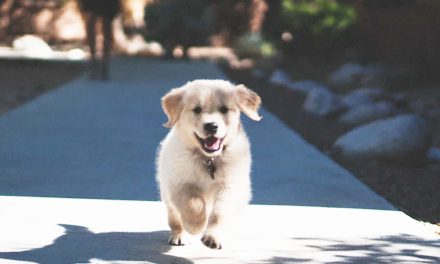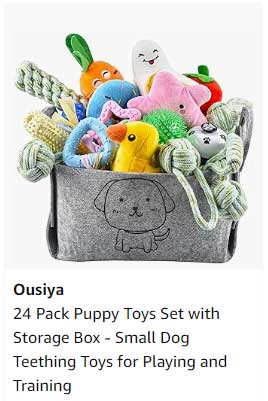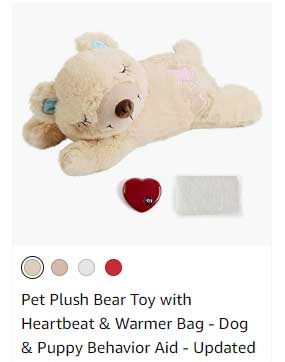Bringing a puppy into your home is an exciting and adventurous journey filled with love and companionship.
However, puppy behavior can be unpredictable, and certain months can pose unique challenges for pet owners.
Understanding these dynamics can help you prepare for the difficult phases, ensuring you can provide the right guidance and support for your furry friend.
The First Few Months: A Steep Learning Curve
Month 1-3: Adjustment Period
The first three months of a puppy’s life are crucial for socialization and training.
Puppies are adjusting to their new environment and learning the ropes of living with humans.
During this period, you may find that your puppy exhibits behaviors that can be challenging, including:
Chewing:
Puppies explore the world with their mouths, leading to destructive chewing.
Potty Training Issues:
Accidents can be frequent as they learn where it’s appropriate to relieve themselves.
Biting and Nipping:
As they play and interact, puppies often nip, which can be overwhelming for new owners.
These challenges can be tough, but a consistent routine and effective training techniques can set up a solid foundation for your puppy moving forward.
Jan-Mar: The Winter Blues
Month 4-6: The Adolescent Stage
As puppies enter adolescence around four months, their behavior can become increasingly challenging.
They may test boundaries and exhibit signs of defiance.
These months can be particularly difficult for the following reasons:
Increased Energy Levels:
Puppies may have sudden bursts of energy, leading to hyperactive behavior that can be difficult to manage.
Socialization Challenges:
Winter months can limit socialization opportunities due to cold weather, reducing exposure to new experiences and other dogs.
This can result in fearfulness or anxiety.
Making an effort to provide mental and physical stimulation indoors can alleviate some of the pent-up energy and help reinforce good behaviors.
The Summer Months: Hot and Restless
Month 7-9: The Teen Years
As puppies continue to grow, the “teen” phase often causes owners to feel the most frustration due to a variety of reasons:
Increased Independence:
They may become more independent and less willing to listen to commands.
Exploration Behavior:
With warmer weather, puppies may become more curious and adventurous, leading them to wander off or engage in undesirable behaviors.
Training during this stage requires patience and consistency.
Reinforcing positive behaviors and doing regular training exercises, even on hot days, can help instill discipline in your puppy.
The Fall Season: Back to School
Month 10-12: Settling In
The last few months of the first year can bring about a sense of settling down, but they can also highlight lingering behavioral issues that require attention:
Fear Responses:
As they encounter new seasonal changes, certain sounds, and sights can scare them.
Parting Anxiety:
Many puppies experience separation anxiety as they grow more attached to their human families, leading to barking, howling, or destructive behavior when left alone.
This phase is critical for continuing training and socialization, focusing on positive reinforcement to ease any anxiety about their environment or separation.
Dealing with Behavioral Challenges
While the transition from puppyhood can be tough, utilizing these strategies can significantly improve behavior:
1. Positive Reinforcement:
Rewarding good behaviors encourages puppies to repeat them.
2. Consistent Training:
Establishing a routine for commands, potty training, and boundaries fosters security and understanding.
3. Socialization Opportunities:
Wherever possible, expose your puppy to new environments, people, and other animals to build confidence and reduce anxiety.
Conclusion
The journey of raising a puppy can be filled with ups and downs, particularly during the more challenging months.
By understanding the typical behaviors associated with different stages, potential pitfalls can be navigated more effectively.
Remember that patience, consistency, and love are your best allies in raising a well-behaved and happy dog.
With time, and with the right approach, you’ll find that your efforts will lead to a rewarding companionship that lasts a lifetime.









